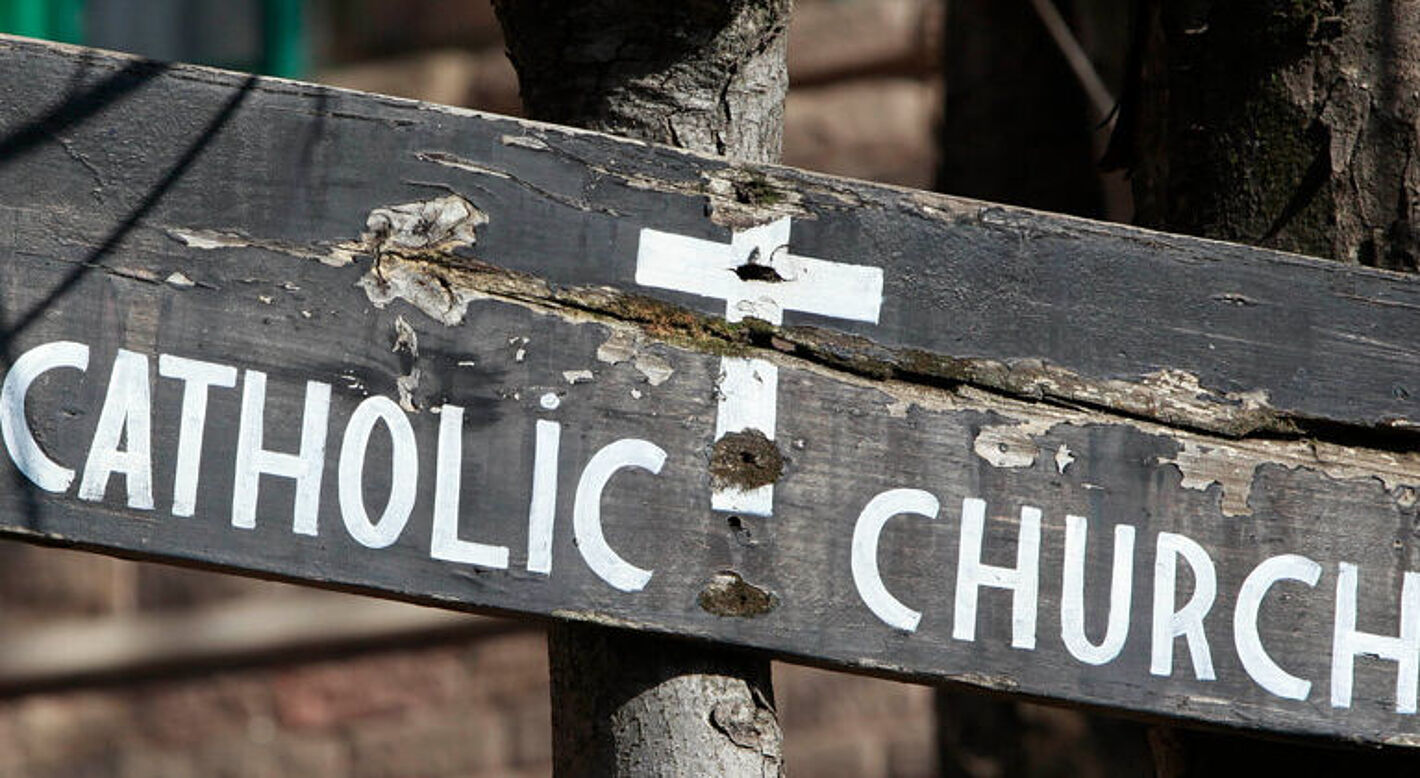
Network Pastoral Asia
Bangladesh – The National Social Catechetical Training Centre (NSCTC)
About the Institute
The NSCTC is a national organism of the Catholic Church in Bangladesh. Since its inception in 1937, the NSCTC has been the spearhead of formation in the Catholic Church. It was the Salesian Fathers, from 1928 replacing the PIME fathers in the now Khulna division, who had felt the need of a school which could form and prepare local leaders of Christian Communities. The School started its life as a formation centre for new catechists. The first residential courses used to last one year and were conceived as to give a general preparation, religious in particular, to future community leaders. Because of the scarcity of priests, these community leaders were also often in charge of community prayer and liturgy. With the events of partition in 1947 and the subsequent decision to create the Jessore Diocese with parts of what used to be the Khrisnanagar diocese (Khulna and Jessore), and parts of the archdioceses of Calcutta, (Satkhira and Borodol), the School for Catechists in Jessore fell in neglect. With the arrival of the Xaverian Fathers in 1952 and the concomitant departure of the Salesian, the school stopped offering courses. Yet, the then Bishop of the new diocese of Jessore, Dante Battaglierin, kept gathering catechists there for retreats and refresher courses. Only in 1964 the Xaverian Fr. Marino Rigon will revive the school, now named The Diocesan Training Centre. To be mentioned, the same Jessore Diocese from 1956 was renamed as the Diocese of Khulna. Significantly, the new centre while maintaining its former character of being a formation school for catechists, became also a distinctive centre for social advancement and development. From the first half of the sixties the new diocesan centre together with the by now traditional role of forming catechists, assumed increasingly the role of preparing leaders in all spheres of social life. The importance of this new social role was recognised by Misereor that from 1967 funded a seven year programme, (which included salaries of teachers and personnel in general, constructions, general running etc.) to support the centre’s recognised role in social development. When in 1974 Fr. Orlando Ghirardi sx was appointed its director, the centre completed its evolution by becoming a national institution assuming the present name of National Social Catechetical Training Centre (NSCTC).
Vision/Mission
The vision of the training centre is to establish the kingdom of God with Christ’s disciples and all people of good will. Our mission therefore is to proclaim the good news may it be through teaching, publications or the empowering of missionaries, catechists, teachers or by training new leaders for the local church.
Curriculum
The NSCTC every year in December prepares a programme of Trainings which is then circulated to all parishes and like-minded institutions of the country. The centre tries to read the signs of time and be thus ready to offer programmes and training apt to the present needs of both society and church. These usually involve courses of 5 or 3 days each. The Old and New Testaments, the Liturgy, the Ten Commandments, Cannon Law, Social Teaching of the Church, The II Vatican Council’s Documents, etc., Catechism and related methodology of teaching etc. are the specific subjects taught during one or the other of the courses. The NSCTC has its own resident teachers (two fathers and two sisters) nevertheless most of the teaching is done by external trainers invited for the occasion. The most important of these periodic trainings is the three-month course which is usually held from July to September. This is the catechists’ training course. During the span of three months the would-be catechists or community leaders are offered an intensive course spanning from religious and theological subjects to socio-cultural ones. The latter involve modern questions like caste and Dalits, women and domestic violence, tribal people’s rights and situation, Human Rights in Bangladesh, problems of urbanisation and industrialisation, ecology. Worth mentioning is the attention given during the three-month course but also outside of it, to interreligious dialogue. Islam and Hinduism are the subject of formal courses in order to promote knowledge and thus reciprocal understanding among various believers. Some of these courses are then repeated for other, specific audiences during the year.
While there is an on-going programme at the centre itself, the teaching staff of the NSCTC is available to provide classes or lectures on particular themes and for different audiences outside its premises, be they parishes or other institutions.
The NSCTC is also available for trainings organised by others, offering its premises to NGOs and organisations alike. The Salvation Army, Caritas Bangladesh, the Diocesan Pastoral Council, The Khulna Catechist Sangha etc. are some of the organisations and groupings normally availing themselves of our services.
The NSCTC among its aims and purposes has also that of providing and thus producing printed material to widen the reach of the centre formative aims. In recent years, the Jubilee Bible has been produced and reprinted a number of times. Books on catechesis, liturgy, the sacraments, the social teaching of the Church etc. have year after year enriched our own library which now number hundreds of publications on different subjects, mainly religious. Beyond our own production, the centre endeavours also to provide books published by others, especially in Kolkata, India. The NSCTC publishes also a bimonthly magazine, Mongolbarta, which is the only pastoral magazine in Bengali of the Catholic Church in the country. The magazine, being monographic, is targeted to pastoral leaders and agents.
Partner of Network Pastoral Asia
The Network Pastoral Asia is a forum where we can exchange our thoughts and experience and encourage each-other. We share and know the activities of other pastoral centres. We enrich our knowledge from the sharing and the resource persons, selected theme and exposure. It is a great experience for us.
Bablu Sarker (Director)




